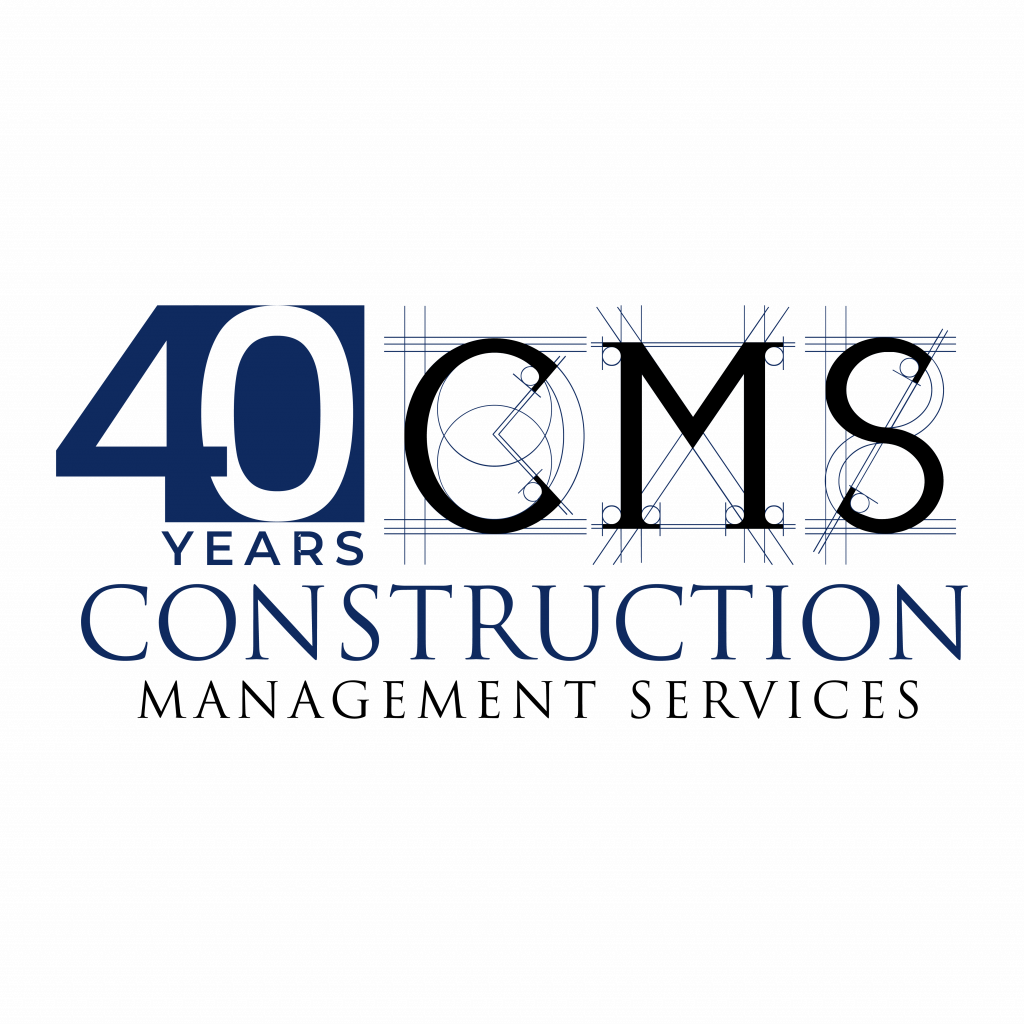For any construction project the devil is always in the detail.
Frank Lloyd Wright and Sir Edwin Lutyens, were known, as much as for their architectural prowess, as for their drive to design fittings for their interiors. Stained glass windows, light fixtures, furniture, even latches. For them, such detailing played a crucial role in defining the quality of their groundbreaking architecture.
Similarly, if Architects and Engineers spend hours poring over the details of a construction project’s design and blueprints—making sure each measurement, stress load, or design feature is exactly as it should be—then why undermine all that professional expertise and artistic flair by foregoing the exacting services of a professional Cost Estimator?
There is a higher chance of the Architect’s vision successfully coming to fruition if an experienced, highly skilled and accredited Cost Estimator meticulously evaluates the costs involved and helps drive the project on.
Every construction project needs an experienced hand on the financial tiller to steer a steady and untroubled course; and the earlier a Cost Estimator joins the project’s team the faster the true cost of the project will likely be known.
However, a Cost Estimator can have a wider brief than just costing. For example, an Estimator can work with the project’s engineering team in an advisory capacity at the planning stage of the project. They may help to create a blueprint, or suggest alternative construction methods or maybe, for example, suggest environmentally sound building materials. On the whole though, the Cost Estimator (the hint is in the name) meticulously reviews the project’s blueprints and sets the budget for materials, labor and equipment.
The costing at the time of the bid at the project’s planning stage will invariably be different than the final costings. (This is especially true if the time between initiating a construction project and its completion is a matter of years not months.) A detail-driven Cost Estimator is essential when costs need managing.
Regardless of whether there are one or more Cost Estimators involved with the project, they are a crucial part of any construction project’s team. Estimators bring an essential skillset to bear on a project, but they can be the most undervalued and least recognized member of a team.
As Grady Hillhouse, on his YouTube channel Practical Engineering, says: “Estimating the cost of a construction project is hard work (especially early on in the project’s lifecycle), it takes highly skilled and knowledgeable people to do [it] well….”
A Cost Estimator is there fore imperative to the success of a project. If a project falters, due to unforeseen circumstances or costs, then it is the Estimator who finds a considered and accurately costed workaround.
Cost Estimators are known for their mathematical and analytical skills; but they are also great communicators.
All projects need a good communicator—a regular visitor to the construction site—to troubleshoot and help resolve ongoing issues. A sound Estimator will be skilled and experienced enough to take up this yoke and ensure the project starts, progresses and finishes on the right financial footing.
Construction projects need a Scope of Work, which details the entirety of the work needed to complete the project. A highly skilled and knowledgeable Cost Estimator is essential when analyzing—from every angle and in great detail—the specs and blueprints in order to validate a project’s Scope of Work.
With the Scope of Work signed off the Estimator can meticulously compile a definitive Quantity takeoff, which details and costs all the necessary materials—item by item—needed for the construction.
The peace of mind of the stakeholders of any construction project relies on the fact that a competent Cost Estimator has reviewed the Scope of Work and drawn up a detailed Quantity takeoff. Furthermore, with these two documents, an Estimator can successfully manage the expectations of the Contractor and project team.
Both the Scope of Work and the Quantity takeoff must be wide-ranging and precise, and if any information or steps are missing from the Scope of Work, then the Quantity takeoff will be inaccurate and the project will likely go awry.
Moreover, in compiling the Quantity takeoff, a Cost Estimator will use all their experience and knowledge of the material and labor markets local to the site. If the project site is near to a cement works, a lumber yard or a steelworks, then it would be an oversight not to use these providers to source the relevant, required materials. A Cost Estimator worth their salt will understand that such knowledge is imperative to the reduction of the project’s material costs. The more money saved in construction the bigger the net profit.
A Cost Estimator has no bearing over how much profit a construction project makes, but, in the case of a publicly funded mega project, an Estimator can help ensure the benefits of the completed scheme outweigh any costs.
A skilled Cost Estimator will help keep the wheels of a construction project rolling by managing the knock-on effects of unforeseen circumstances and any changing costs.
They find financial work arounds when there are unforeseen delays—if a labor dispute erupts, or the geology of the site prolongs the groundwork, or the discovery of archeological finds or endangered species at the site brings construction to a halt. They also mitigate against any untoward costs—due to a rise in inflation or interest rates during a project (many big projects take up to 10 years to complete)—or rising costs because of the restricted supply of materials due to a war.
A highly skilled and experienced Cost Estimator plays a vital role in managing costs and driving on a construction project.
The website BuildXACT puts it this way. “The goal in the construction industry is to make a building or structure that makes a profit, is safe, looks like it’s meant to, is completed on time and meets…expectations. Without a Construction Estimator, the chances of those five things occurring are very slim.”

